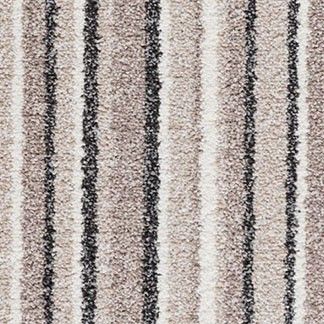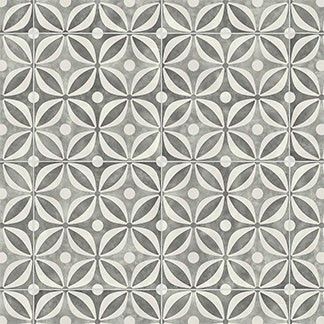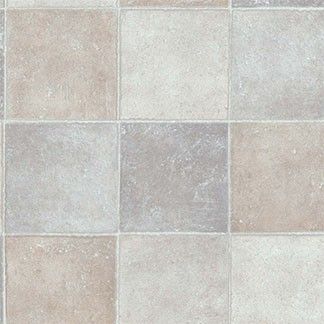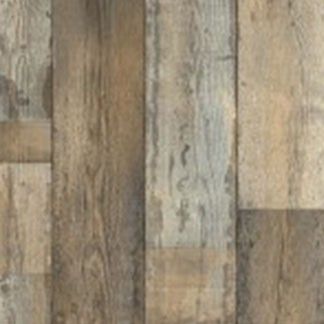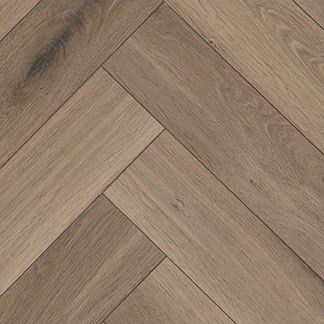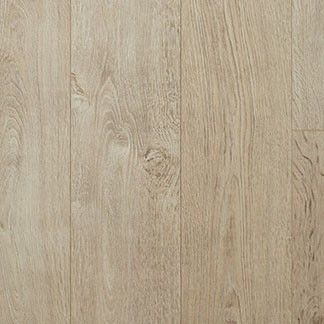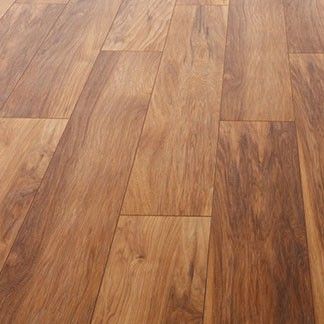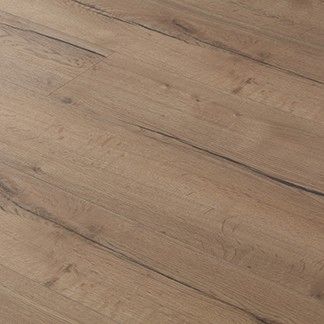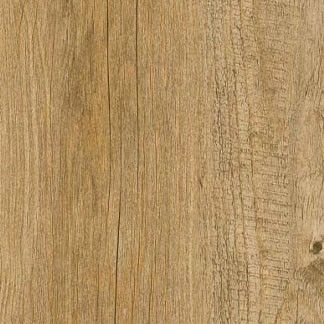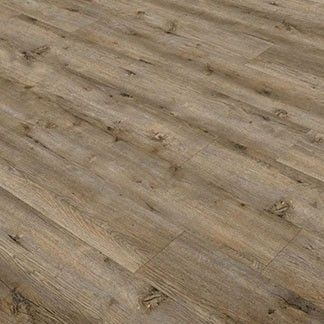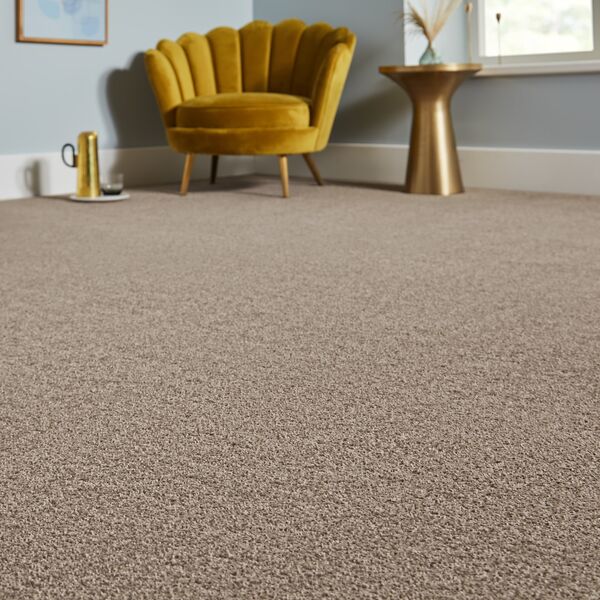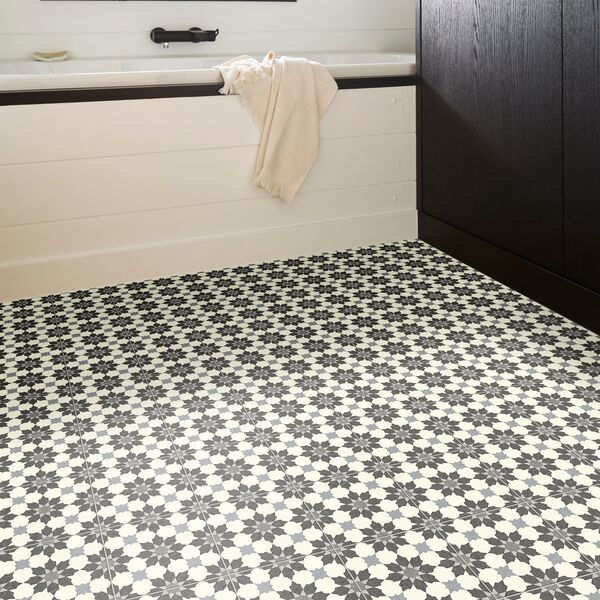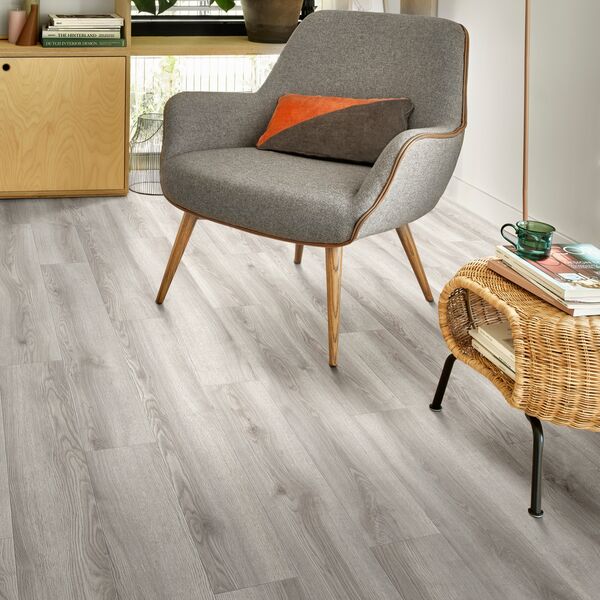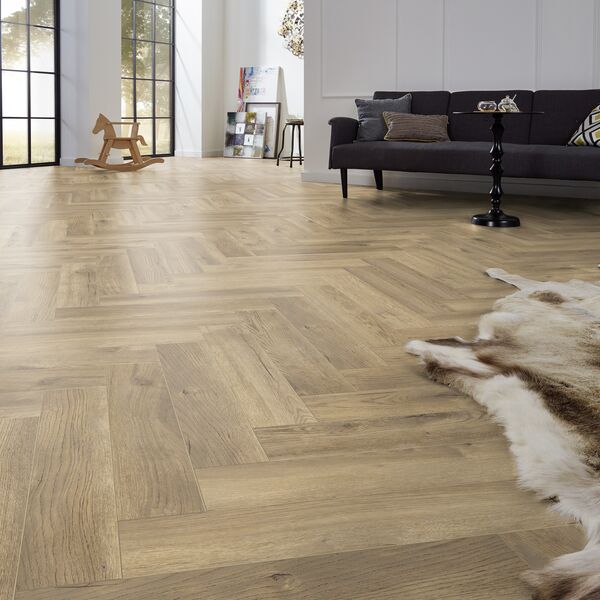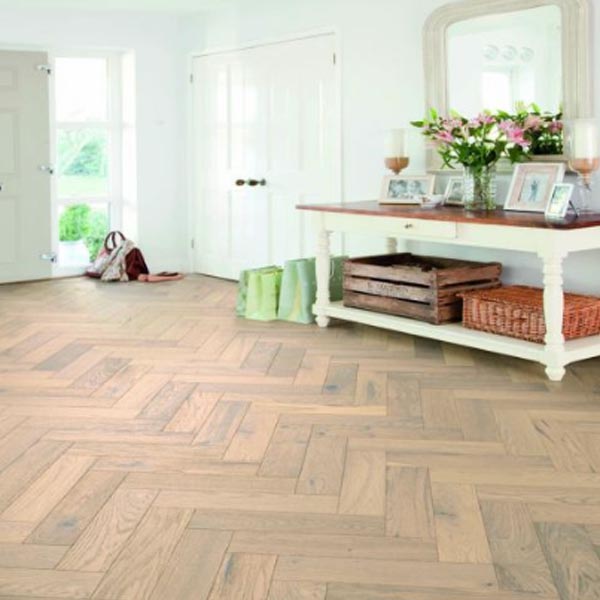Top 5 renovations made to a new home
So, what are the most common alterations made by Brits once they move home? According to our survey, the top five most common renovations, are:
- Painting – 43.6%
- Ripping up carpets – 34.4%
- Redoing the kitchen – 33.8%
- Redoing bathroom – 32.8%
- Renovating outdoor space – 28.8%
We also found that 20% of people added SMART features to their home – this includes automated lights, smart hubs like Google Home and Amazon Alexa.
Percentage of homeowners who made ‘essential’ home renovations
- Upgrading heating and/or electrics – 21%
- Double glazing on windows- 14.8%
- Insulation – 14.8%
- Resolving damp – 10.4%
A staggering 61% of Brits have spent money on essential changes such as resolving damp, installing double glazing and insulation, and installing better heating or electrical systems. 21% had to upgrade their heating and or/electrical systems after moving in, and more than 1 in 10 homes had to have damp issues resolved.
For first-time buyers and new homeowners, it’s well worth having several inspections completed before and after purchasing to make sure you don’t have to pay too much to fix genuine issues with your new home!
How much do Brits spend on renovations?
We found that the majority of Brits (17.6%) spend between £500-£2500 on renovating their home – and with the average cost of a home in the UK now standing at £274,000, this is already a considerable amount of money to add to with renovations!
Over 30% of people we surveyed had spent over £10,000 on changes to their new place, and 6% had spent over £25,000. What’s more, 2% have had someone else pay for all of their renovation work – if only we could all be so lucky!
If you’re feeling a bit intimidated at the number of people who had to spend considerable amounts of money on their home renovations, don’t worry. Most homes are in a good condition, and we even have some simple ways you can avoid paying extra costs when renovating your home.
How to avoid extra costs when renovating
If you’ve recently bought a new home and are trying to think of ways to keep your costs down, we’ve got some great tips to keep your wallet in good shape! Charlie Tuck, Trade Counter Manager at ADA Fastfix, shares their expert tips on how to reduce the spend when it comes to renovating your new home:
- For each large renovation, get a minimum of three or more quotes before picking a contractor to work with. This way you can be sure you’re getting good value for your money, and you might be able to find tradesmen for other jobs you need to do in the process.
- Speak to estate agents about how much value you could add with your proposed renovations – if the value surpasses the costs of the renovations, then you know you’ll be quids in when the time comes to sell up!
- Have a realistic budget in mind from the start. This will help you avoid overspending and going into debt.
- Be prepared to do some of the work yourself. This can save you a lot of money, but it's important to only take on tasks that you're confident with. We’ve got plenty of great advice in our DIY corner on fitting your own flooring – it’s easy and cost-effective!
- Keep your old appliances and fixtures if they're still in good condition. This can save you a lot of money since you won't need to buy new ones.
- Be patient throughout the process. Rushing things can often lead to mistakes being made, which can end up costing you more in the long run.
We hope these insights and tips will help all new homeowners undergo a smooth and efficient renovation with as little stress and expense as possible. If you’d like some help with some of your major flooring decisions, or if you just want some extra advice, come down to your local Tapi store and speak to one of our amazing floorologists today. Alternatively, you can check out our Ideas Hub for more DIY and design insights, including everything from laminate fitting costs, carpet fitting costs, to how to lay laminate flooring yourself.






























